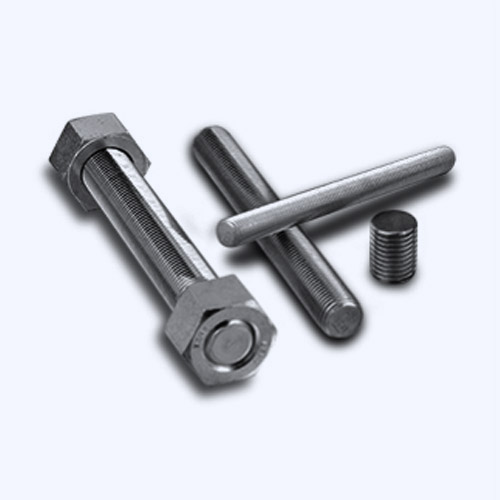

self drilling and tapping screws for metal
Dec . 28, 2024 21:55 Back to list
self drilling and tapping screws for metal
Self-Drilling and Tapping Screws for Metal An Overview
When it comes to fastening components in metal construction and manufacturing, self-drilling and tapping screws are indispensable tools. These specially designed screws streamline the assembly process, enhance efficiency, and ensure robust connections. Understanding their features, applications, and advantages can significantly benefit both DIY enthusiasts and professionals in the industry.
What are Self-Drilling and Tapping Screws?
Self-drilling screws, also known as self-tapping screws, incorporate a drill bit tip that allows them to create their own hole while being driven into the material. This unique feature eliminates the need for pre-drilling, making installation faster and reducing labor costs. They are engineered specifically for metal applications, available in various sizes, materials, and coatings to suit different environments and requirements.
The design of self-drilling screws typically includes a sharp point and cutting threads, which make them capable of piercing through various gauges of metal. Commonly manufactured from steel with a protective coating, such as zinc or epoxy, these screws offer excellent corrosion resistance, ensuring long-lasting performance even in harsh conditions.
Advantages of Using Self-Drilling and Tapping Screws
1. Efficiency and Speed The principal advantage of self-drilling screws is their efficiency. By eliminating the need for pre-drilling, they save significant time during assembly. This aspect is particularly crucial in large-scale projects where labor costs can quickly escalate.
2. Strong, Secure Connections Self-drilling screws are designed to create a tight bond with the material they penetrate. The threads of the screws engage with the metal, providing a firm grip that can withstand various stresses, making them ideal for structural applications.
3. Versatility These screws can be used in a wide range of applications, from metal roofing and siding installation to the assembly of metal frames and other structural components. Their adaptability makes them a favorite in both construction and automotive industries.
4. Reduced Risk of Damage The self-drilling design minimizes the risk of damage to the material being fastened. This is particularly important when working with thinner metals, where traditional drilling could lead to warping or cracking.
self drilling and tapping screws for metal

5. Less Need for Additional Hardware Self-drilling screws often eliminate the need for nuts and washers, simplifying the assembly process. This reduction in the number of components also leads to cost savings and less complexity during installations.
Applications of Self-Drilling and Tapping Screws
Self-drilling screws are utilized in various industries, including construction, automotive, HVAC, and manufacturing. Some specific applications include
- Metal Roofing and Siding These screws are widely used for attaching metal roofing panels and siding, providing a secure seal that helps prevent leaks and improves structural integrity. - Structural Steel Fabrication In high-rise buildings and bridges, self-drilling screws are essential for connecting steel components, ensuring that the structures can stand the test of time and environmental stress.
- Electrical Conduits They are often used to secure electrical conduits and other metallic structures in commercial buildings, where reliability is paramount.
- Automotive Assembly In the automotive industry, self-drilling screws are used for a variety of applications, from assembling body panels to attaching components within the engine compartment.
Choosing the Right Self-Drilling Screw
When selecting self-drilling screws for a specific project, consider factors such as the thickness of the metal, the type of material being fastened, and the environmental conditions the screws will face. Additionally, ensure the screw's coating matches the corrosion resistance required for the application.
In conclusion, self-drilling and tapping screws are vital components in metal assembly and construction, offering numerous benefits that enhance efficiency and durability. Their ability to create strong, secure connections without the need for pre-drilling makes them an essential tool for professionals and DIYers alike. As industries continue to demand fast and reliable fastening solutions, self-drilling screws will undoubtedly remain at the forefront of metal fastening technology.
Latest news
-
Premium Fasteners Manufacturer | AI-Driven Solutions
NewsAug.01,2025
-
Hot Dip Galvanized Bolts - Hebei Longze | High Strength, Corrosion Resistance
NewsAug.01,2025
-
High-Strength Hot Dip Galvanized Bolts - LongZe | Corrosion Resistance, Custom Sizes
NewsAug.01,2025
-
Best Self Tapping Screws for Drywall - Fast & Secure Installation
NewsJul.31,2025
-
High-Strength Hot Dip Galvanized Bolts-Hebei Longze|Corrosion Resistance&Customization
NewsJul.31,2025
-
Hot Dip Galvanized Bolts-Hebei Longze Metal Products|Corrosion Resistance&High Strength
NewsJul.31,2025

